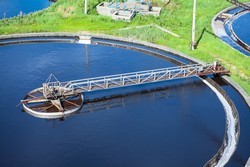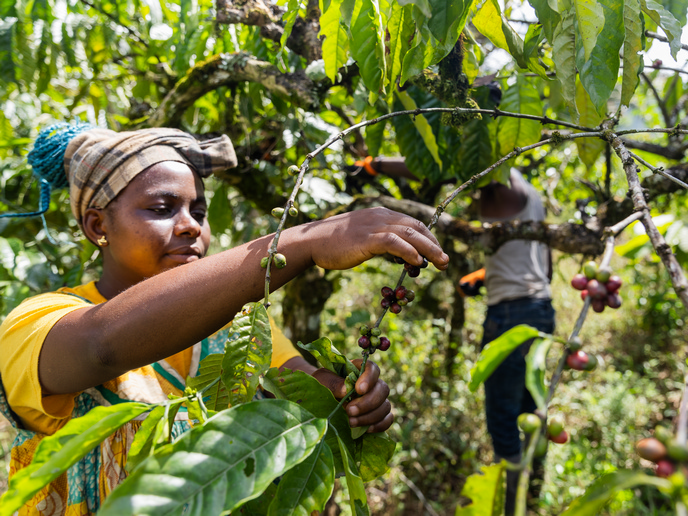Sustainable water treatment
Agricultural practices such as irrigation and fertiliser use put great pressure on Europe's freshwater resources, which is aggravated by the consequences of climate change. The results are increasing prices for nutrients and food, and risky practices such as applying untreated wastewater to fields and dwindling resources. The SUWANU(opens in new window) (Sustainable water treatment and nutrient reuse options) project addressed these challenges by developing transnational research-driven clusters to examine alternatives for water and nutrients. The work was conducted by academia, research institutes, regional authorities, enterprises and farmers from five European countries: Bulgaria, Germany, Greece, Spain and Malta. Although important local efforts have been made regarding research activities into wastewater treatment and reuse, an integrated interregional approach is still needed. Therefore, SUWANU was established to promote scientific, governmental and business collaboration in wastewater reuse in Europe and to create guidelines for the efficient use of water and nutrients, and inform policymakers. Project partners developed sustainable irrigation schemes to reduce the negative environmental impact of improper wastewater disposal and reuse. Implementation of SUWANU activities will help to cut the cost of irrigation water and fertilisers to farmers and to reduce the pressure on European freshwater resources. The success of SUWANU will support food security, increase employment in the agricultural sector, and increase the level of skills and knowledge concerning water management and wastewater reuse. In addition, small and medium-sized enterprises will benefit as a result of the implementation of new and effective solutions for the treatment and reuse of wastewater.







